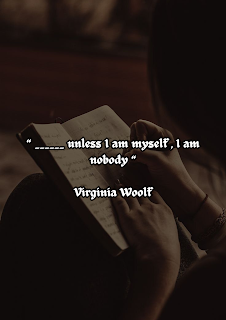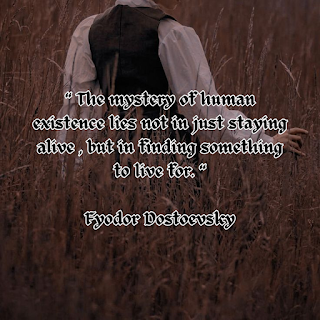virginia woolf
Virginia Woolf: A Modern Literature Pathfindr
by : Thesis
Few names in literature are as well-known as Virginia Woolf's. Woolf was an innovator of modernist literature, and her works never fail to enthrall readers with their creative storytelling strategies, perceptive examination of human mind, and moving portrayal of social conventions. In this blog article, we examine Virginia Woolf's literary background and offer reviews of some of her best-known pieces.
- Childhood and Its Influences
Born in London on January 25, 1882, Virginia Woolf (née Stephen) grew up in a creative and intellectual family. Virginia was raised in a rich intellectual environment thanks to her father, Sir Leslie Stephen, a well-known literary figure and editor. This early experience served as the basis for her deep respect.- Literary Style and Themes:
Virginia Woolf is recognized for her poetic words, unconscious thinking narrative technique, and keen psychological insights. Her works frequently blur the lines between characters' inner thoughts and the outside world, allowing readers to explore the intricate workings of the human mind. Gender roles and the constraints imposed by society are among the recurring themes in Woolf's writing. Other experiences that shaped her writing included her struggles with mental health, her close relationships with other writers and artists, and her investigation of gender identity and sexuality. These themes would later become central to Woolf's writing, lending it a feeling of intimacy and insight.
- Notable Works
1. "Mrs. Dalloway" (1925). "Mrs. Dalloway" is a one-day story that takes place in post-World War I England and depicts Clarissa Dalloway's experiences and thoughts while she gets ready for a party. Woolf explores memory, identity, and society expectations through Clarissa's ideas and interactions with other characters.2. "To the Lighthouse" (1927): This book skillfully examines memory, family relationships, and the passing of time. The novel, which revolves around the Ramsay family's visit to their Scottish summer residence, is told from several points of view, showing the complexity of relationships between people and the passing of time
3. "Orlando" (1928): "Orlando" is a ground-breaking work that challenges traditional narrative norms by portraying the protagonist's journey across several historical eras and genders. Woolf explores identity and self-discovery in a bright and thought-provoking way, blurring the boundaries between truth and fantasy.
- History and Significance
Virginia Woolf made tremendous literary contributions, opening the door for later authors to creatively address issues of consciousness, identity, and social norms. Authors who have continued to push the boundaries of literary expression, such as Sylvia Plath, Margaret Atwood, and Toni Morrison, have been influenced by her work.To wrap it up, Virginia Woolf's literary heritage and revolutionary spirit have had a lasting impact on the literary world. Her writings are still relevant today, provoking readers to reflect on the complicated nature of life and the ability of narrative to provide light on the difficulties faced by people.


Nice
ReplyDelete